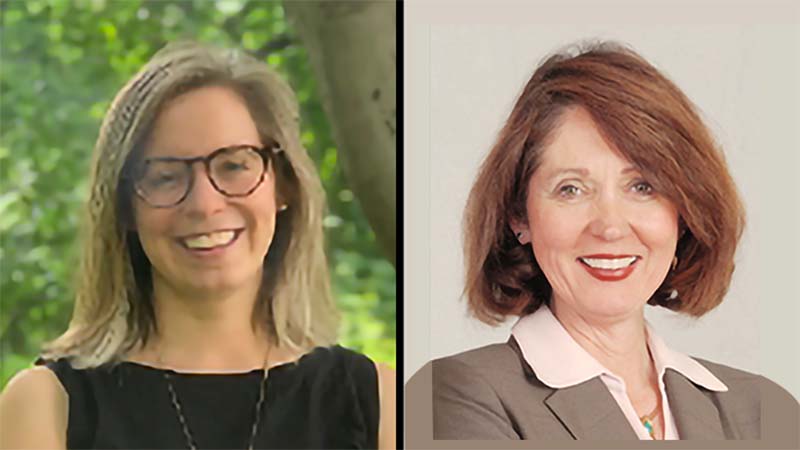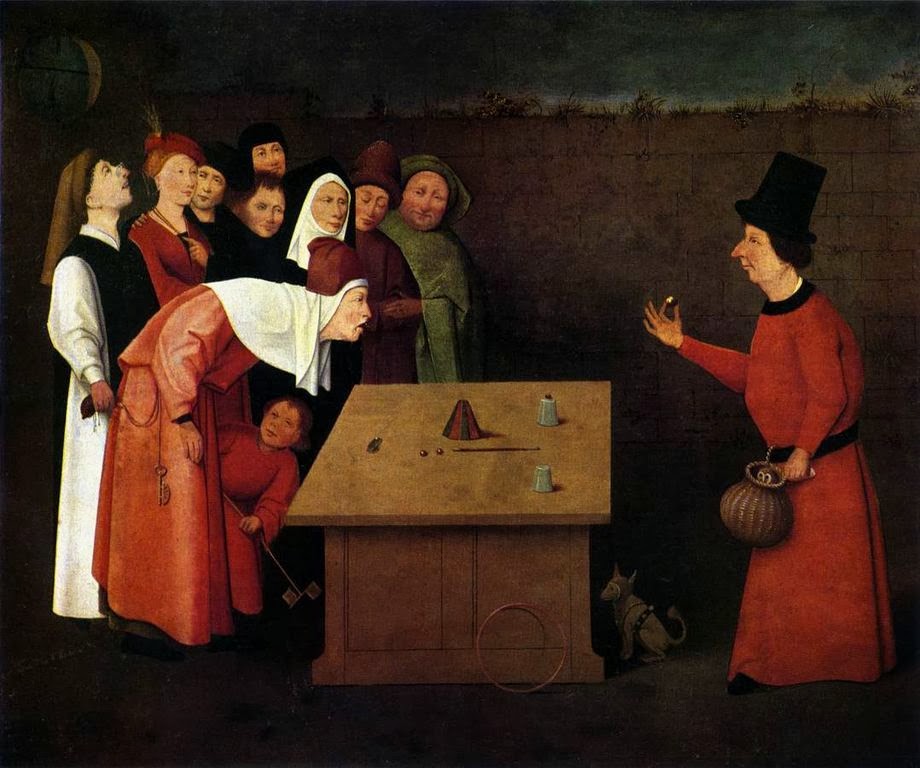
In the most recent Sunday New York Times, Jane Gross gives a devastating critiqueof Medicare’s Failure to support the needs of the most vulnerable elders. It is must reading for all who care for frail elders, policy makers, and Medicare officials.
Ms. Gross brings interesting perspectives to the workings of Medicare. She is one of the nation’s best health journalists, who has long focused on the needs of older persons and their caregivers. She is founder of the wonderful New Old Age Blogat the New York Times. But she also has a deeply personal perspective, stemming from years as a caregiver for her mother who was severely disabled from numerous health problems.
Ms. Gross indicts Medicare for generously funding many services that are harmful to frail elders, but providing little support for services that would actually help improve their quality of life. She notes that Medicare will pay for virtually any traditional disease focused treatment, irrespective of whether the treatment will actually help the patient. But it pays for virtually none of the supportive services, like a home health aide, that would actually help a frail disabled elder with basic activities of daily living.
Ms. Gross points out a central problem with Medicare. While it is health system for older patients, it has essentially been designed as if it were caring for well functioning younger patients. It provides care on a disease by disease basis, but ignores that with advancing age, many older persons have many diseases, and the single disease model of care often fails the complex older patient.
The central focus of care needs to shift as older persons become more frail and disabled. What would be tradional care for each individual disease is sometimes unwise. The focus needs to shift from each disease on the problem list to impact of the illness burden on the elder’s functional status. Ironically, in many of these patients Medicare will pay for traditional disease focused care that is ineffective or harmful, but will pay nothing for less expensive care that may improve a patients quality of life and functioning.
Also missing from the current Medi”care” model is any insight that as an older person becomes more frail, the traditional disease focused model of care needs to be complemented with a palliative model of care that is focused on quality of life. But Medicare resists supporting Palliative Care in patients who are not eligible for hospice.
Medicare is a program for old people, yet the program seems almost ignorant about principles of aging. If the Medicare program were informed by basic principles of Gerontology and Palliative Medicine, it would greatly improve the quality of care provided to our nation’s older persons.
by: Ken Covinsky (@geri_doc)



